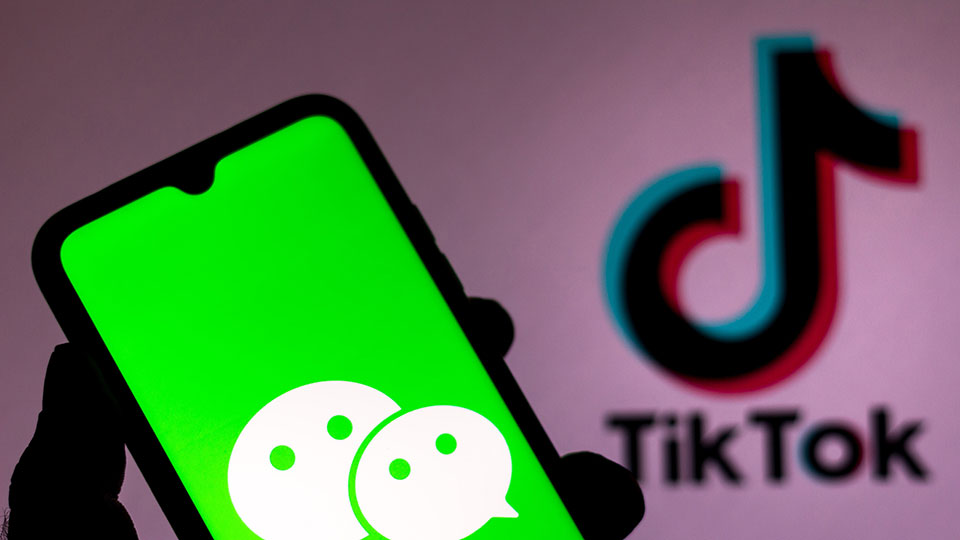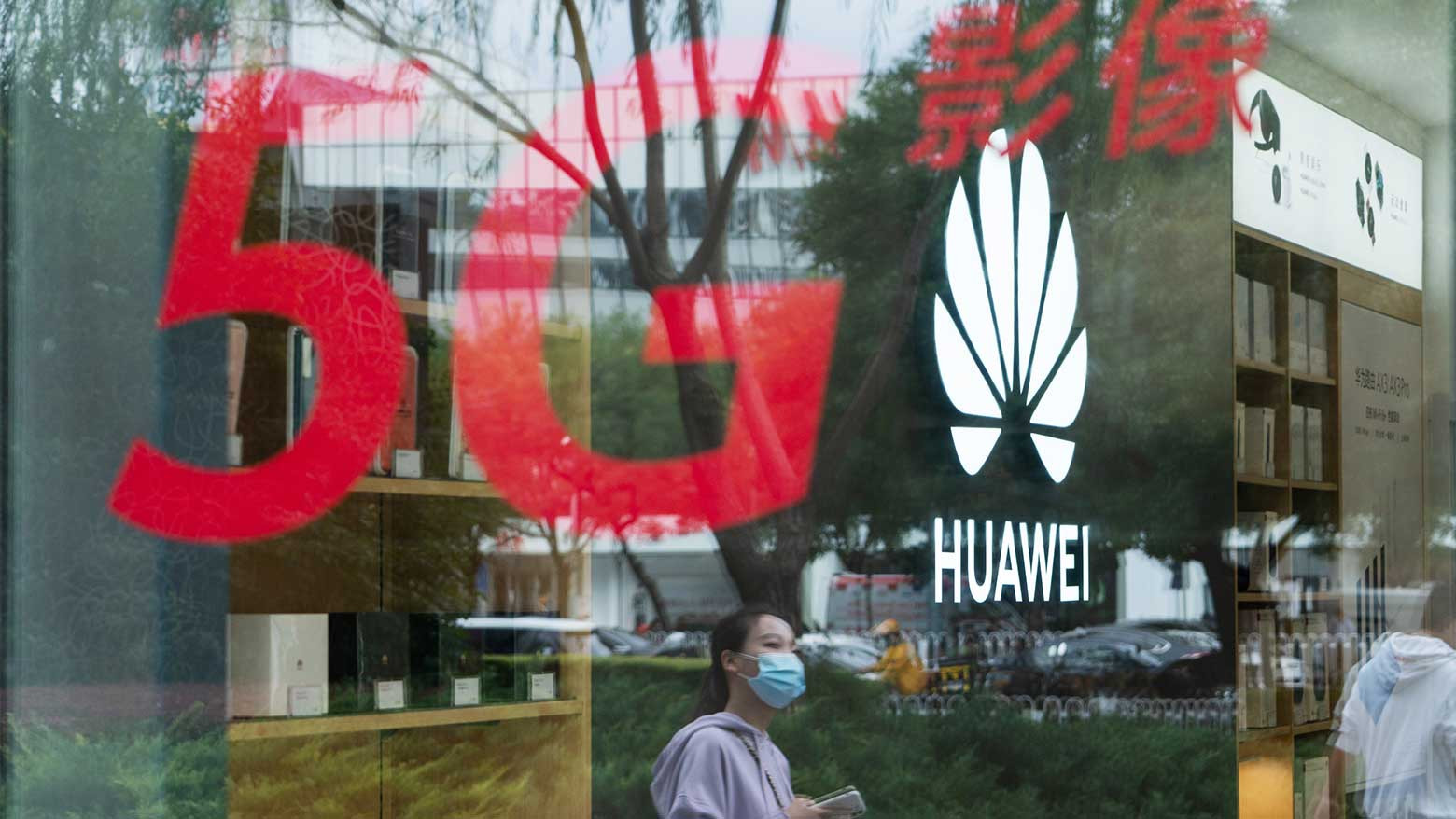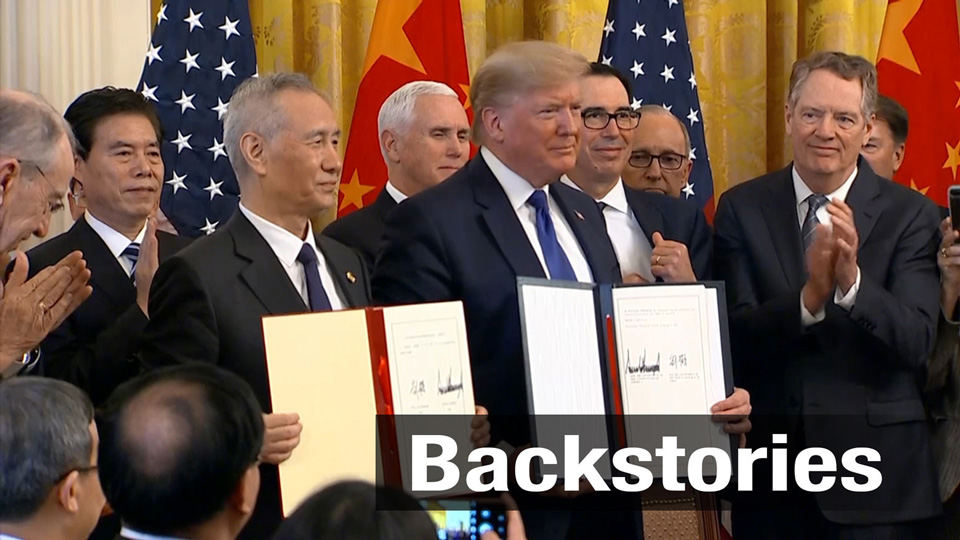The US government has recently been tightening controls on emergent high-tech industries. This includes 5G, the next-generation standard for cellular networks that allows for the exchange of massive amounts of data at unprecedented speeds.
Washington has banned American firms from selling electronic parts without its approval to Chinese telecom giant Huawei, which supplies about a third of all 5G equipment, giving it the world's largest market share. This May, US officials tightened restrictive measures on Huawei, banning the sale of products using US-made semiconductors to the company, even if the products are made in another country.
Popular apps banned
Washington has also intervened in the public use of Chinese software. In September, the government announced it was banning people in the country from downloading and updating the popular Chinese apps TikTok and WeChat. The platforms are among the most popular in the world, combining for nearly 2 billion monthly users. The US claims the apps collect private data that could be used by the Chinese government.
Imamura Takashi, general manager of Marubeni Research Institute, says the conflict between the US and China is complicated by the geopolitical implications inherent in the development and use of these technologies.
"The problem is that these emerging technologies can be used for so-called dual purposes, or for military purposes," Imamura says. "It boils down to a national security issue."

He adds that relations between the countries will continue to be strained, no matter the outcome of the election.
"There is great division in Washington between the Democrats and Republicans, but China is the one area where they have consensus," Imamura says. "Even if Joe Biden wins, it seems like he will continue with Trump's position toward China."
Imamura says Trump's primary motivation for taking such a hostile approach is his concern that Chinese technological hegemony could handicap the US in trade negotiations. This is an area in which Trump does not want to compromise, as being seen to be tough on trade is fundamental to the "America First" policy platform that carried him to the White House four years ago. So while Trump's interests may not exactly mirror the national security concerns of others in his administration, they do overlap, and Imamura says that as long as this is the case, Washington will be united in its stance toward China and emerging technologies.
In July, US Secretary of State Mike Pompeo said engagement with China had not produced the changes in the country's communist system that President Richard Nixon had hoped for when he took the first step toward reestablishing diplomatic relations with Beijing in the 1970s. Pompeo declared that the conciliatory approach adopted at the time had been a "dismal failure."
Diverging paths?
Imamura says the speech may have marked the definitive end of a global order defined by economic collaboration between the US and China, and that the rest of the world may have to prepare for the advent of two separate economic systems.
"The global economy enjoyed the fruits of a value chain based on US-China engagement," he says. "But this policy has expired so we may have to prepare domestic production systems to compensate."
He says this new reality will undoubtedly prove damaging to the international economy, and estimates global growth could shrink by up to one percentage point.
"The US and China, particularly the US, are losing interest in the global trade system," he says. "But for the rest of the world, free trade is still important."


